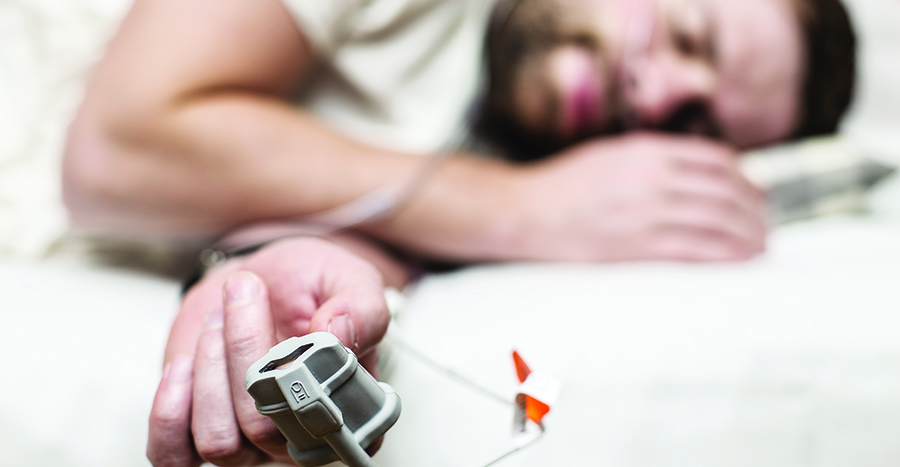Diagnosis

Diagnosing Sleep Apnea or Snoring
Consequences of untreated sleep apnea include persistent nocturnal or daytime symptoms as well as long term health effects. These health effects include effects on the heart, the brain, the cardiovascular system, and ones metabolism. The Consequences of untreated sleep apnea include:
- Ten times more likely to be in automobile accidents
- Eight times more likely to have a heart attack
- More likely to develop hypertension and have more difficulty controlling elevated blood pressure
- More likely to develop irregular heart beats such as atrial fibrillation
- More likely to have heart failure
- Ten times more likely to have a stroke
- More likely to develop diabetes and insulin resistance
- More likely to gain weight
- More likely to have attention deficit disorder
- More likely to have depression
- More likely to awaken to use the bathroom during the night
Your ear, nose, and throat doctor evaluates the symptoms caused by snoring and sleep apnea with a questionnaire or office interview. The site(s) of airway narrowing are determined by an examination of the upper airway by your doctor. In addition to the general nose and throat examination, a fiberoptic scope examination of the throat or X-rays of the area may be required. The scope exam takes just a few minutes and is performed with a magnified thin lighted tube that is passed into the throat (after application of a topical spray to numb up the area).
To determine the presence and severity of sleep apnea, a sleep study may be required. This test is performed in a sleep laboratory or sometimes in your own home. The sleep laboratory rooms are much like a hotel room. You arrive before your normal bedtime and a technician attaches a number of wires and monitors to your skin. These wires monitor your breathing, oxygen in the bloodstream, heart rate, sleep position, snoring severity, and brain wave activity (to determine if you are asleep and if sleep is disrupted). While it is often difficult to relax and sleep with these wires, most people can sleep well enough to assess the presence of sleep apnea. In the morning after completion of the test, you can go home or to work.
Your doctor will see you in the office once the results of the test are available (usually 1-2 weeks after the sleep study), in order to discuss test results and treatment options.
